Russia's now weeks-long refusal to agree to a full ceasefire in Ukraine continued on April 7, with the Kremlin falling back on debunked tropes about "extremist nationalists" in order to justify continuing the war.
Ukraine has already agreed to a U.S.-proposed full 30-day ceasefire, saying on March 11 that Kyiv is ready to take such a step if Russia also agrees to the terms.
So far, Russia has refused.
Kremlin spokesperson Dmitry Peskov insisted Russian President Vladimir Putin supports the idea of a ceasefire, but claimed before one could be reached "a whole series of questions have to be answered."
"These questions are hanging in the air, and so far, no one has given answers to them," he added.
Peskov went on to explain that these relate "both to the lack of control over the Kyiv regime and to the inability of the Kyiv regime to control the actions of a number of extremist nationalist units that simply do not obey Kyiv."
Peskov's comments echo longstanding false narratives aimed at undermining Ukraine's government, and repeat Kremlin propaganda claims about the need to "denazify" and "demilitarize" Ukraine — terms Russia has used to justify its full-scale invasion since 2022.
Ukraine's military is centrally commanded and subordinate to civilian leadership.
Western governments and international observers have consistently affirmed the professionalism of Ukraine's armed forces.
Peskov also accused Kyiv of fueling "continued militarization" and said any ceasefire must address "our interests and clarify" unresolved concerns.
The remarks followed U.S. President Donald Trump's renewed push for a ceasefire, which has regardless seen Russia repeatedly striking Ukrainian cities in drone and missile attacks.
A strike on the city of Kryvyi Rih on April 4 killed 20 people including nine children. An attack on Kyiv on April 6 killed one and injured three others. Trump has called on Russia to stop its bombing campaign, saying: "I don't like the bombing."
Russia rejecting ceasefire because it wants to keep launching strikes from Black Sea, Zelensky says
President Volodymyr Zelensky said on April 6 that Russia is refusing to accept an unconditional ceasefire in order to keep launching missile strikes from the Black Sea.

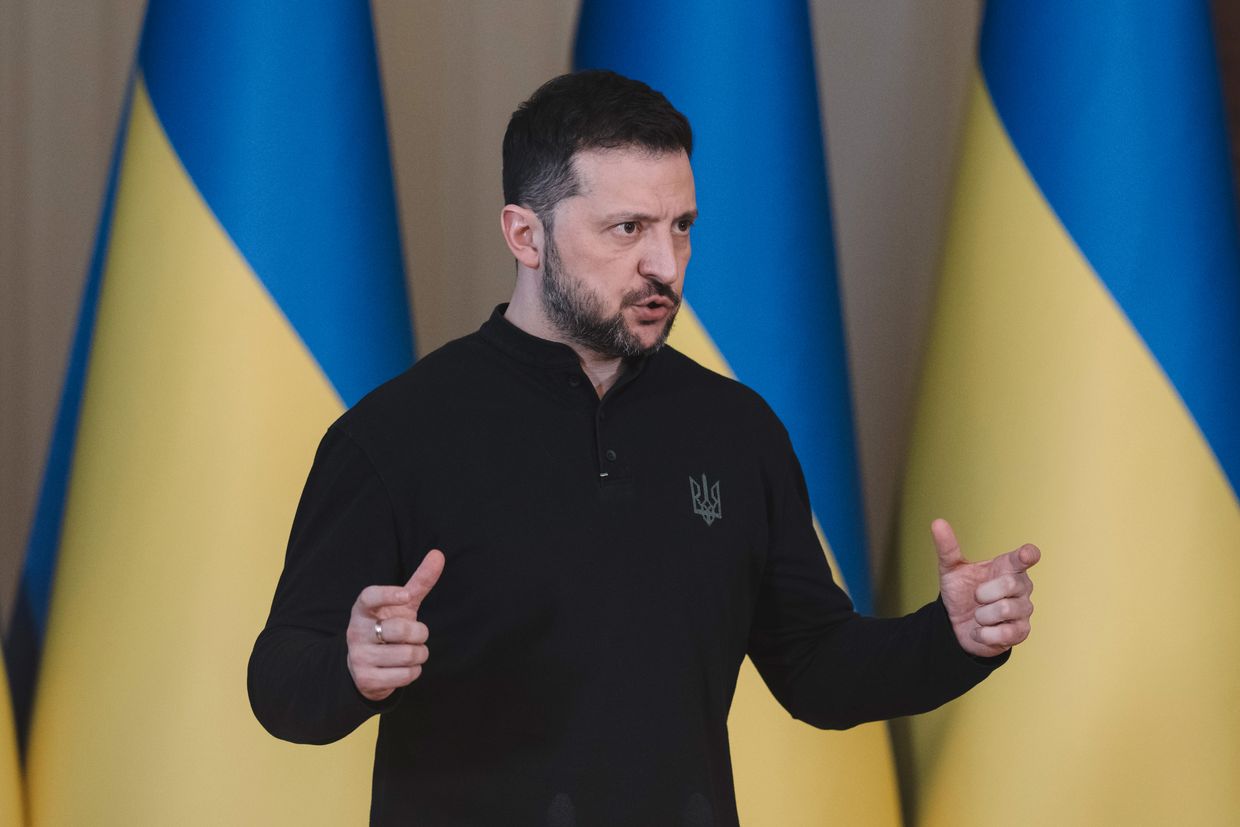
His comments came weeks after U.S.-mediated talks in Jeddah on March 11 led to a limited ceasefire agreement, covering energy infrastructure and the Black Sea.
Ukraine agreed to a full 30-day ceasefire in U.S.-mediated talks in Jeddah on March 11. Russia rejected the deal unless it included restrictions on Ukraine's military, including the end of foreign military aid.
Two days later, Ukraine accused Russia of violating the deal by attacking Kherson's energy facilities. Moscow denied responsibility, with Peskov saying Russia "reserves the right" to abandon the agreement if Ukraine fails to comply.
Moscow also claimed Ukraine struck the Sudzha gas metering station in Kursk Oblast — an allegation Kyiv dismissed as a pretext for further escalation.
Russian Foreign Minister Sergey Lavrov said on April 1 that Moscow submitted evidence of Ukrainian ceasefire violations to the U.S., the U.N., and OSCE.
President Volodymyr Zelensky instructed Defense Minister Rustem Umerov to provide counter-evidence to Washington. The U.S. has not commented publicly on either side's claims.
NBC News reported on March 30 that Trump is "pissed off" at Russian President Vladimir Putin's fixation on Zelensky, while the Telegraph wrote on March 23 that he is growing angry over Russia's refusal to de-escalate.
Despite repeated threats of additional sanctions, Trump has yet to take concrete steps to pressure Moscow, which continues offensive operations against Ukraine.
As Russia refuses to accept ceasefire, will Trump pressure Moscow?
Three weeks ago, Ukraine and the U.S. agreed to implement a full 30-day ceasefire. Russia declined to do so, issuing a list of demands instead. On April 4, Russia hit a residential neighborhood in the city of Kryvyi Rih with ballistic missiles and drones, killing 19 people, including nine

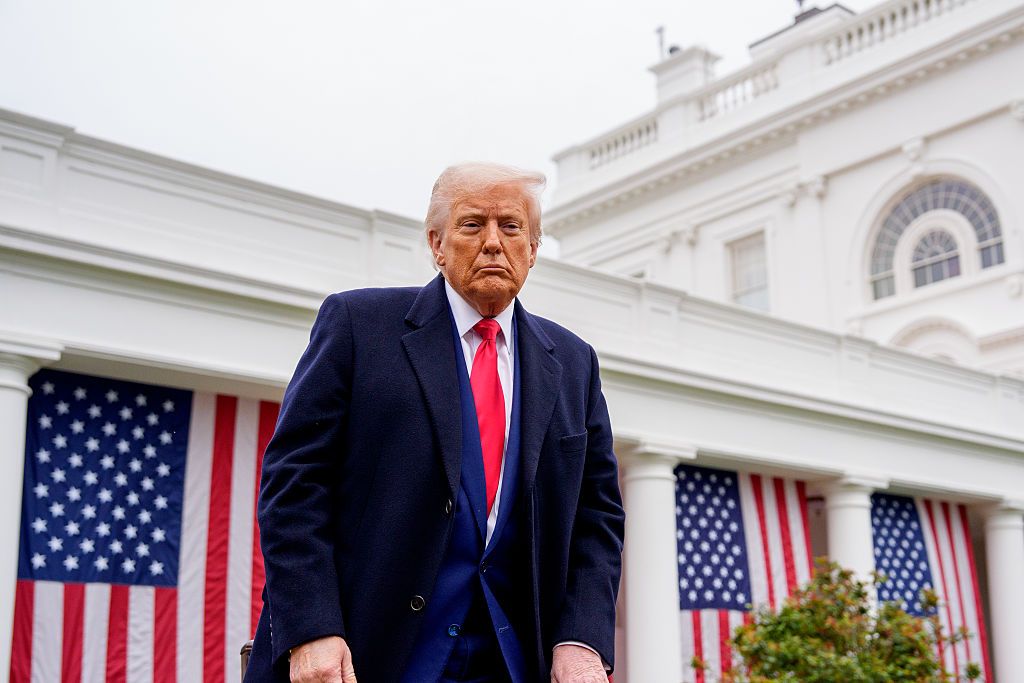
.png)
 German (DE)
German (DE)  English (US)
English (US)  Spanish (ES)
Spanish (ES)  French (FR)
French (FR)  Hindi (IN)
Hindi (IN)  Italian (IT)
Italian (IT)  Russian (RU)
Russian (RU)  5 hours ago
1
5 hours ago
1
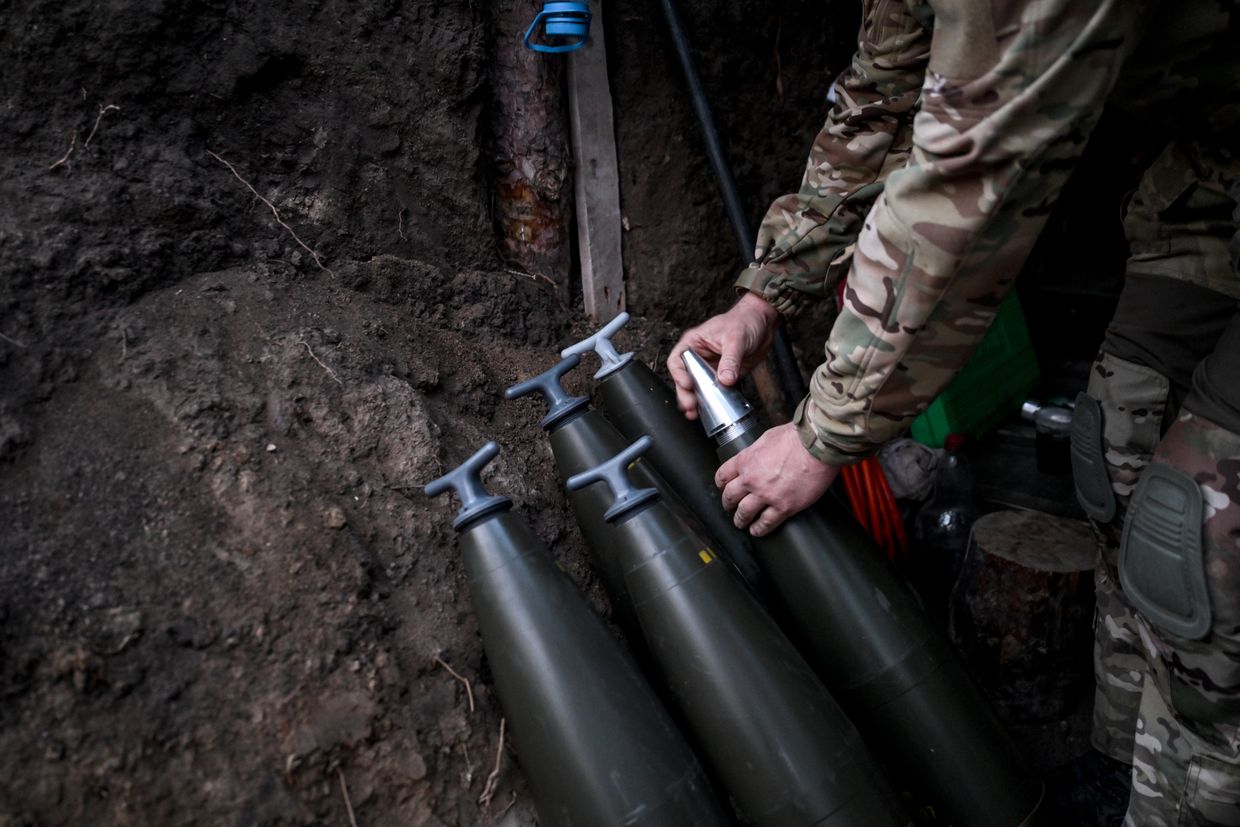

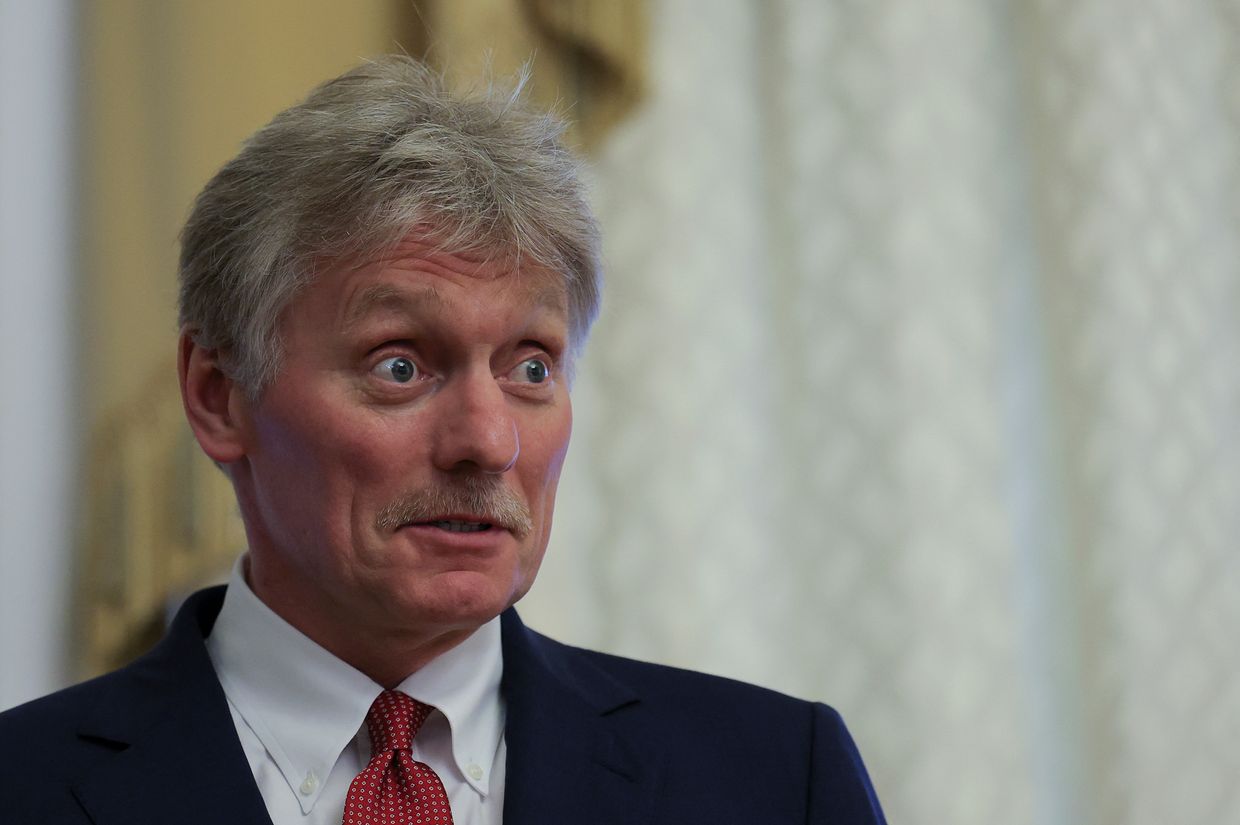
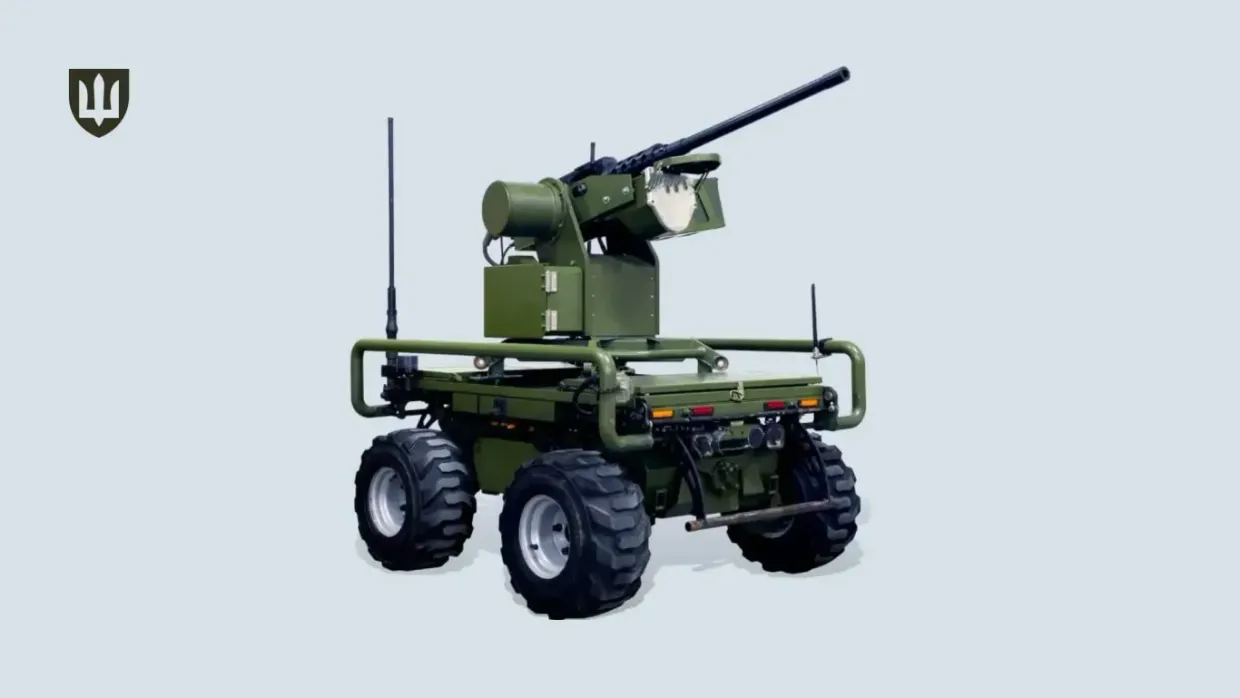





Comments